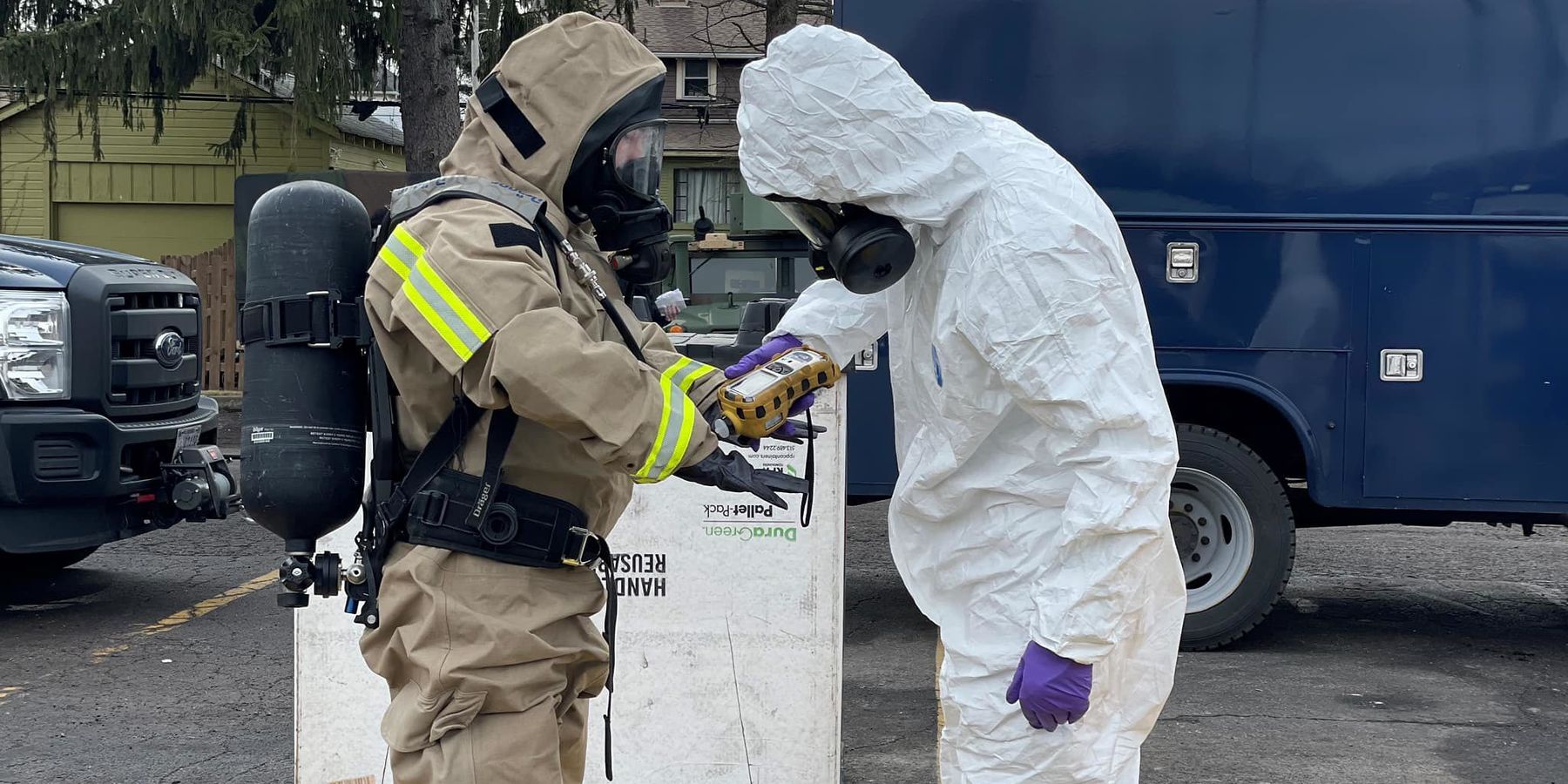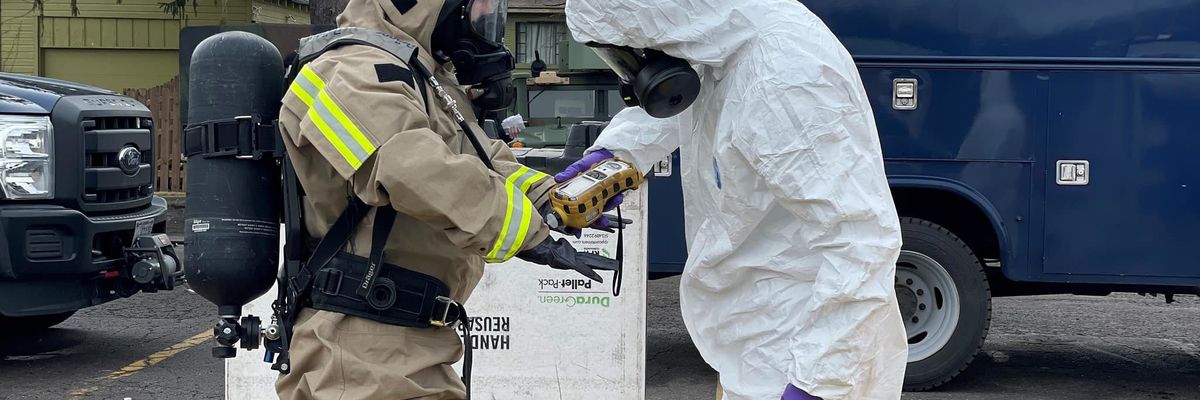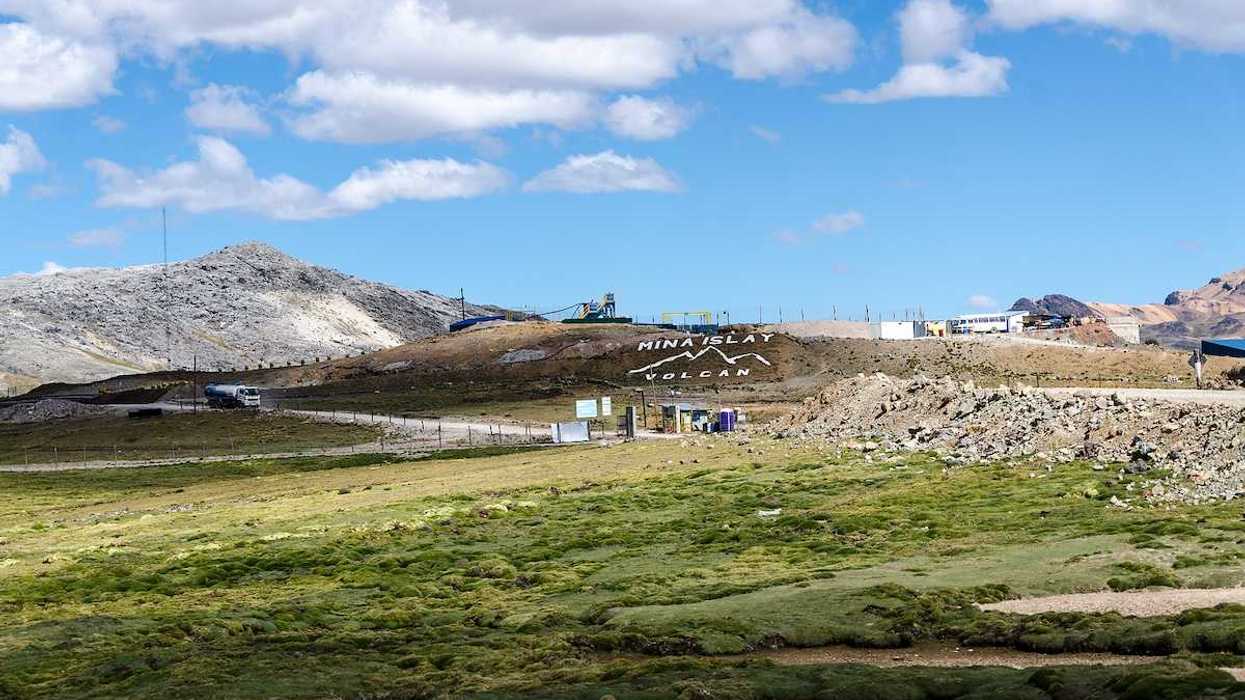PITTSBURGH — On Friday the U.S. Environmental Protection Agency (EPA) sent a letter to Norfolk Southern Railway Co. that cites additional chemicals released during the company’s Feb. 3 train derailment in Ohio that were not previously known to the public.
In addition to vinyl chloride, the chemical released in large quantities and burned off that has been extensively covered by news reports, the letter states that four additional hazardous chemicals “either are known to have been and continue to be released to the air, surface soils and surface waters.”
They include the following chemicals:
- Ethylhexyl acrylate, an eye, skin, and respiratory irritant that's toxic to aquatic life.
- Ethylene glycol monobutyl, a carcinogen that can be absorbed through the skin and cause liver and kidney damage.
- Butyl acrylate, an extremely flammable chemical that can burn skin and eyes and cause permanent lung damage.
- Isobutylene, a highly flammable compound that can irritate eyes, nose, and throat, and cause coma or death at high levels of exposure
The letter notes that water sampling shows these chemicals in the Ohio River, which provides drinking water for more than five million people. It also states that the chemicals have been observed running into storm drains, and cites potential for soil contamination.
The purpose of the letter was to inform Norfolk Southern Railway Co. that it may be responsible to clean up the site or cover costs of cleanup under the federal Superfund laws. The EPA is monitoring the environment near the site of the accident for these and other chemicals, and is posting documents related to the derailment, cleanup and environmental monitoring online.
Residents near derailment report symptoms
Residents of East Palestine were initially evacuated, but have been permitted to return to their homes. Some have complained of headaches and feeling sick since returning, and have observed sickness and death among pets and other animals. Residents have also observed dead fish in nearby streams.
Some residents have been warned that their drinking water may not be safe. Multiple lawsuits have been filed against Norfolk Southern related to the derailment, including one that would force Norfolk Southern to set up health monitoring for residents near the site in Pennsylvania and Ohio.
Train derailments
Rail workers have been warning that such an accident is imminent for months. In December, the rail workers’ union, Rail Workers United, tried to strike over, among other concerns, management changes they say cut inspection times short, making it more likely that a disaster like this one would occur — an attempt that was shut down by President Joe Biden. Norfolk Southern Rail Co. is owned by hedge funds, an arrangement which incentivizes cutting costs and maximizing profits.
This is the eighth major train derailment to occur in the greater Pittsburgh region in the last five years. Environmental health advocates have warned that Shell’s massive new petrochemical complex in western Pennsylvania means that volatile chemicals are increasingly being transported via train, and that a derailment in a more urban area, such as Pittsburgh, could be catastrophically deadly.
Environmental justice advocates in East Palestine have created a petition asking Ohio Governor Mike DeWine to declare a federal emergency, and asking President Biden to send aid through the Federal Emergency Management Agency (FEMA).
*Correction: An earlier version of this story mistakenly identified the chemical compound "ethylhexyl acrylate" as "ethyl acrylate." The story has been updated to identify the correct chemical.
- After the eighth catastrophic train derailment in the greater Pittsburgh area in five years, advocates demand better protections ›
- The aftermath of the East Palestine, Ohio, toxic train derailment - EHN ›
- Toxic vinyl chloride is a widespread environmental injustice - EHN ›
- Displaced and distraught: East Palestine remains at risk and without answers - EHN ›
- Environmental groups call on the EPA to ban the toxic chemical vinyl chloride - EHN ›
- East Palestine 6 months later: Health issues persists and answers are elusive - EHN ›
- Tracking petrochemical accidents across the US - EHN ›
- Ohio derailment reveals gaps in public health response to chemical emergencies, experts say - EHN ›


















